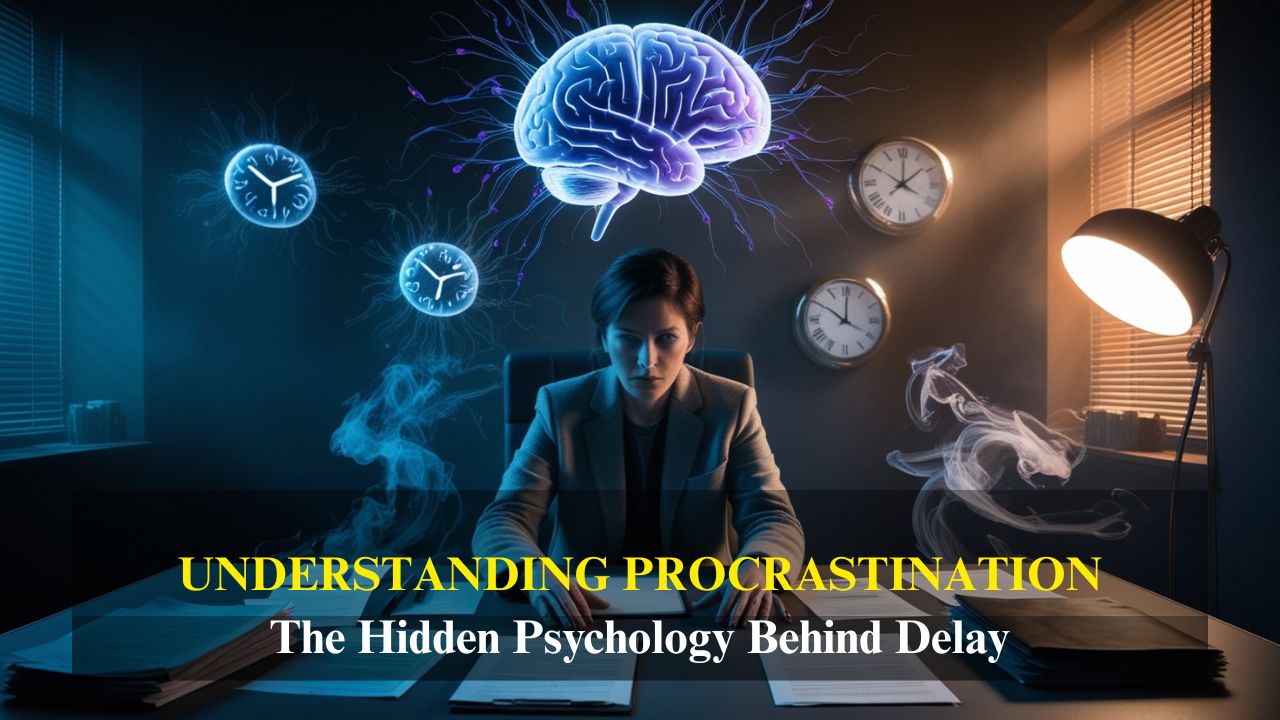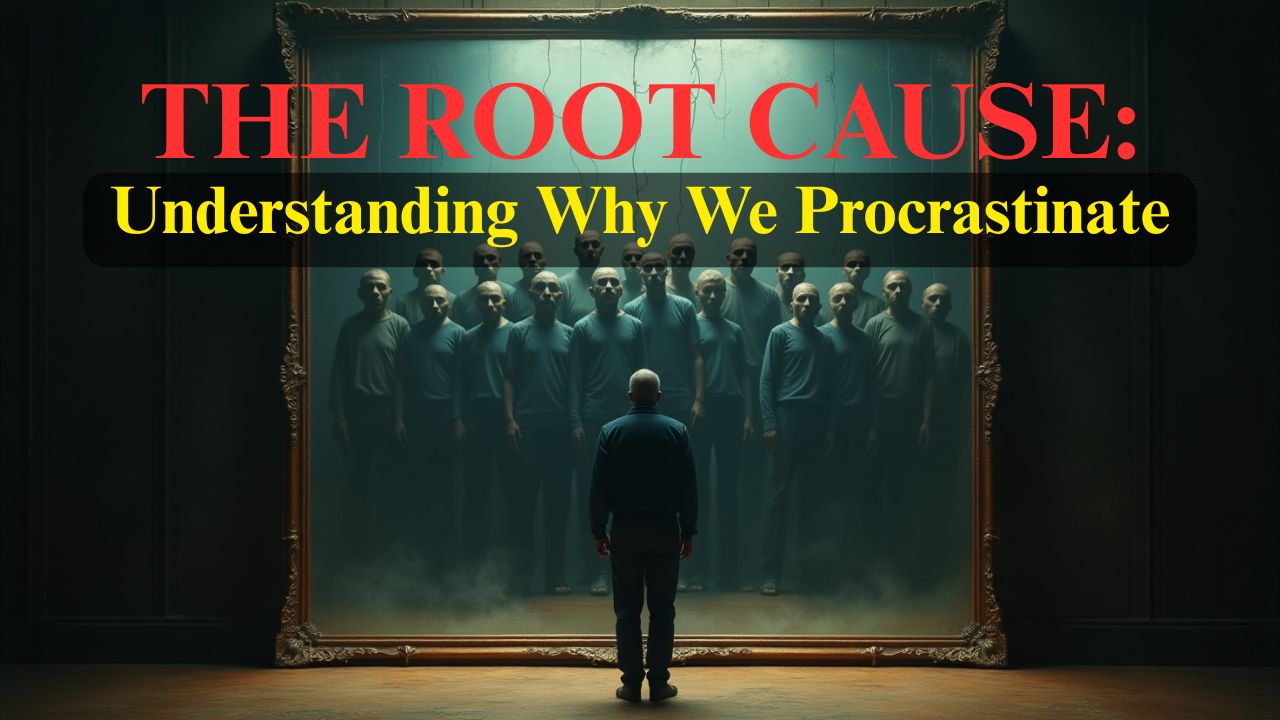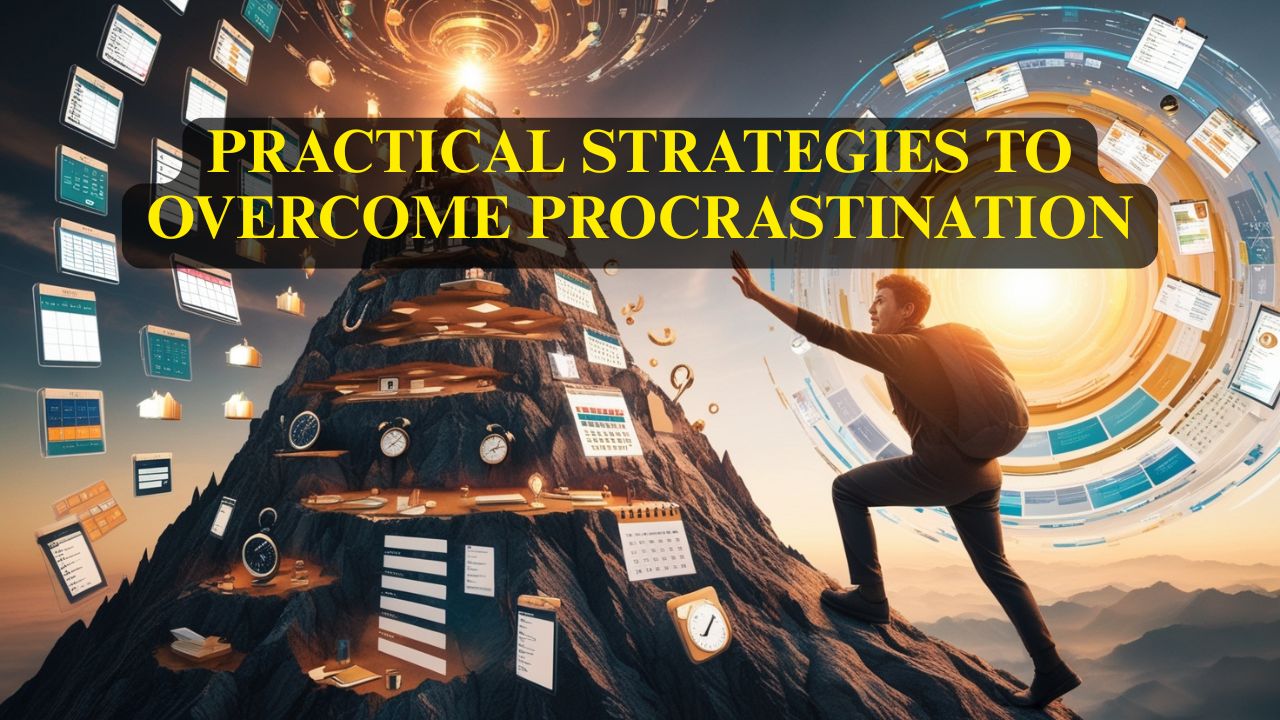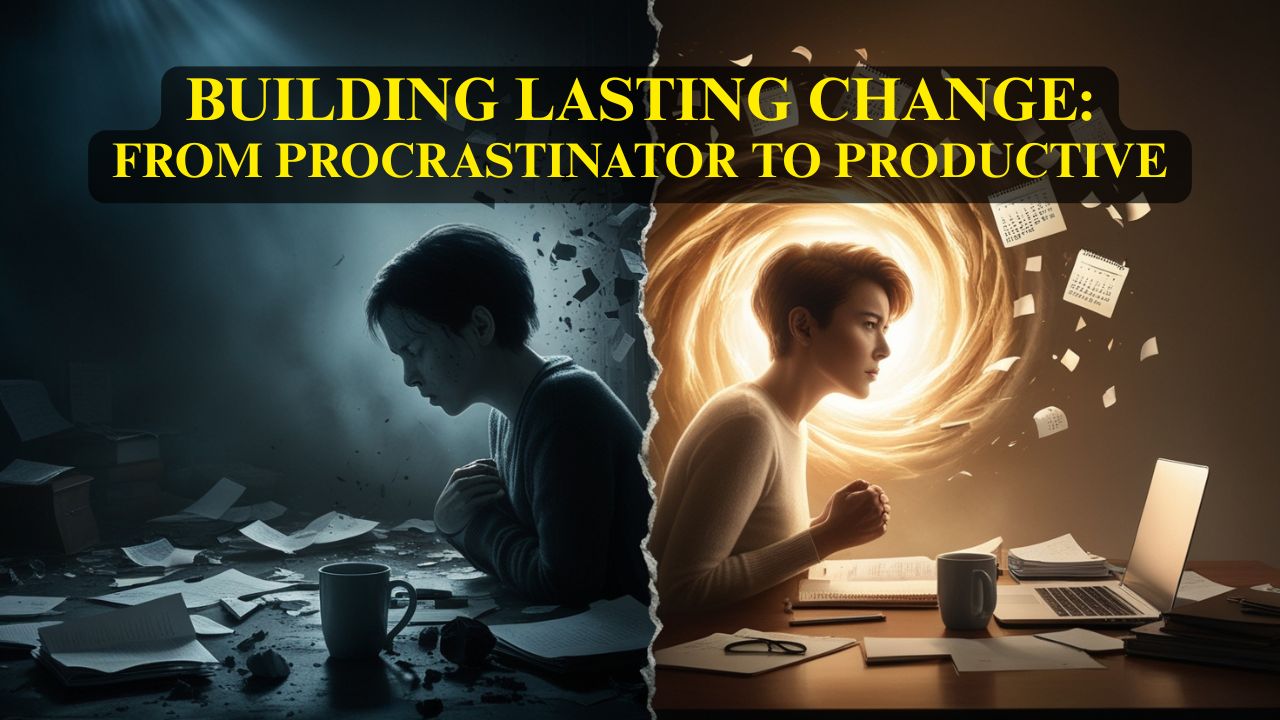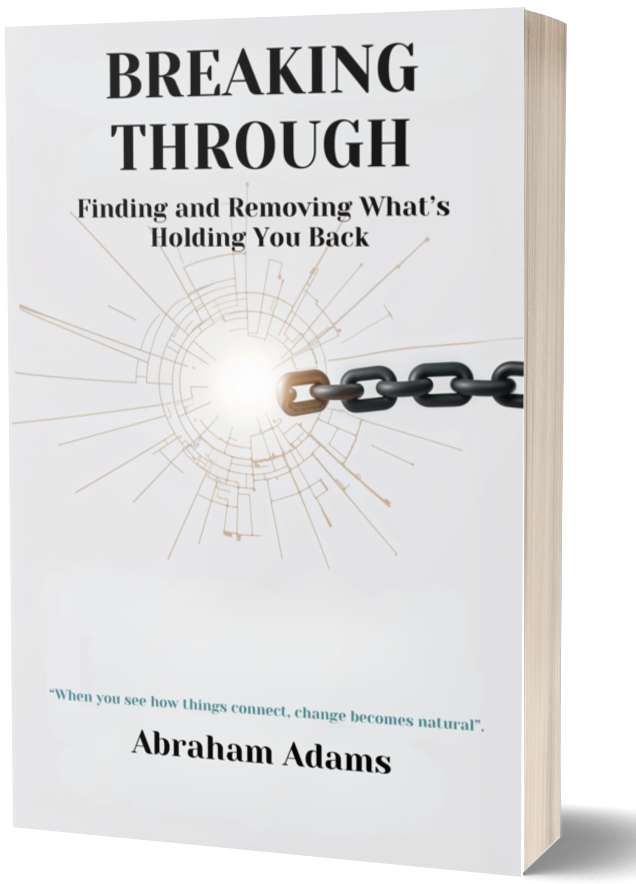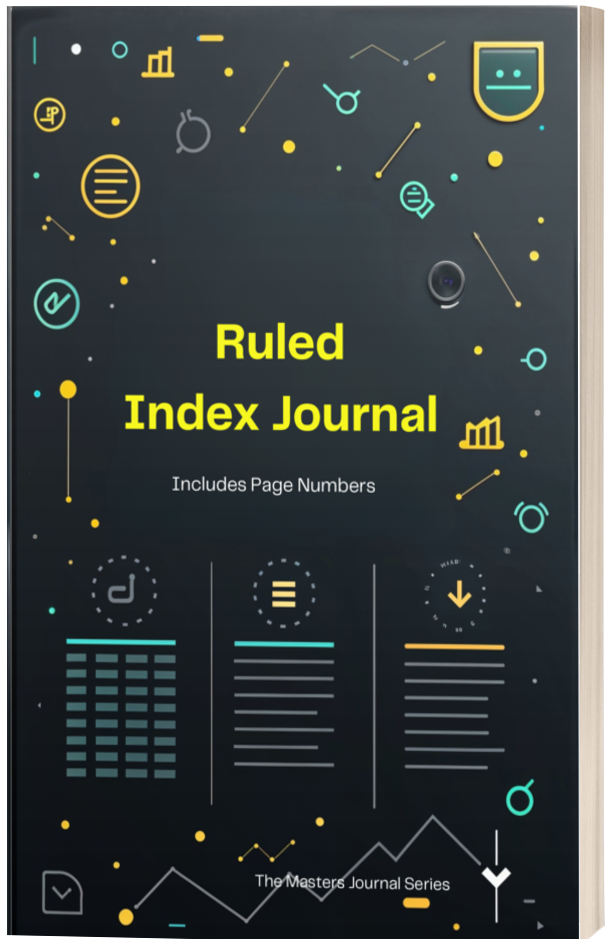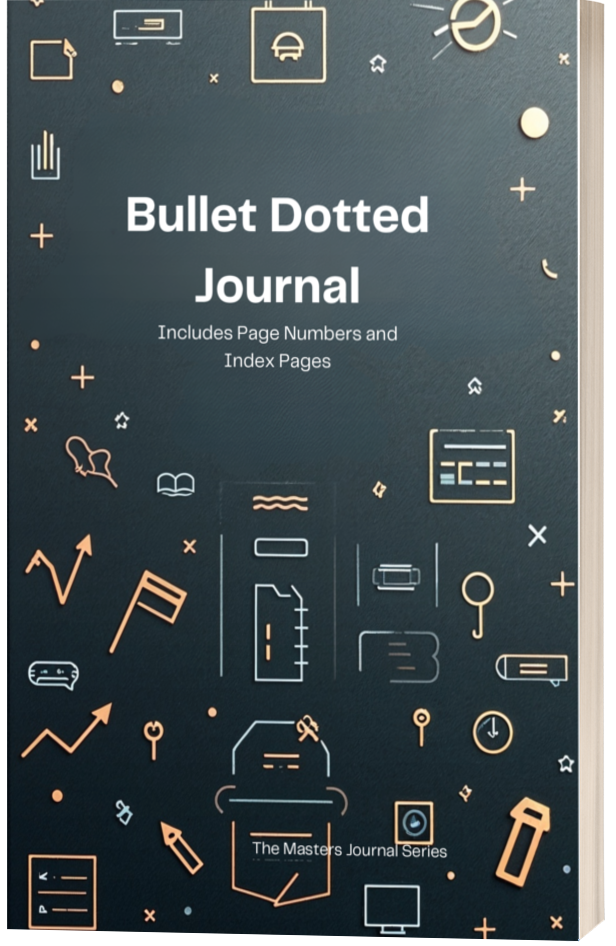Understanding Procrastination: The Hidden Psychology Behind Delay
Procrastination isn't just about being lazy or lacking willpower. It's a complex psychological phenomenon that affects nearly everyone at some point in their lives. Understanding the true nature of procrastination is the first step toward conquering it.
What Procrastination Really Is
Procrastination is the act of voluntarily delaying or postponing tasks despite knowing that this delay may lead to negative consequences. It's not simply poor time management or laziness—it's an active process where we choose to do something else instead of the task we know we should be doing.
Research shows that procrastination is fundamentally about emotion regulation, not time management. When we procrastinate, we're trying to avoid the negative emotions associated with a task, such as anxiety, boredom, frustration, or fear of failure.
The Procrastination Paradox
Here's the cruel irony: while procrastination provides temporary relief from negative emotions, it ultimately creates more stress, anxiety, and negative feelings. We end up in a cycle where the very thing we're trying to avoid—negative emotions—becomes amplified.
This creates what psychologists call the "procrastination paradox." We delay tasks to feel better in the moment, but this delay makes us feel worse in the long run, leading to more procrastination.
The Neuroscience Behind Procrastination
Your brain plays a significant role in procrastination. The limbic system, which controls emotions and seeks immediate gratification, often overrides the prefrontal cortex, which is responsible for planning and decision-making.
When faced with a task that triggers negative emotions, your limbic system activates your fight-or-flight response. Since you can't literally run away from a work project or academic assignment, your brain chooses the next best thing: avoidance through procrastination.
Types of Procrastinators
- The Perfectionist: Delays starting because they fear their work won't meet impossibly high standards. They'd rather not try than risk producing something imperfect.
- The Dreamer: Has great ideas but struggles with the practical steps needed to implement them. They get stuck in the planning phase and never move to action.
- The Worrier: Becomes paralyzed by fear of failure or judgment. They spend more time worrying about potential problems than actually working on solutions.
- The Crisis-Maker: Thrives on the adrenaline rush of last-minute work. They believe they work better under pressure and deliberately delay tasks to create urgency.
- The Overdoer: Takes on too many commitments and uses busy work to avoid important but challenging tasks.
The Hidden Costs of Procrastination
Procrastination affects more than just productivity. It impacts:
- Physical health: Chronic procrastination is linked to higher stress levels, weakened immune systems, and sleep problems.
- Mental health: Increased anxiety, depression, and feelings of guilt and shame.
- Relationships: Missed deadlines and broken promises can strain personal and professional relationships.
- Career growth: Delayed projects and missed opportunities can limit professional advancement.
- Self-esteem: Repeated cycles of procrastination and regret erode confidence and self-worth.
Breaking the Stigma
One of the biggest barriers to overcoming procrastination is the shame and self-judgment that often accompanies it. Many people view procrastination as a character flaw or moral failing, leading to harsh self-criticism that only makes the problem worse.
Understanding that procrastination is a common human experience—not a personal defect—is crucial for developing compassion toward yourself and creating the psychological safety needed for change.
Moving Forward
Recognizing procrastination as an emotional regulation strategy rather than a time management problem opens the door to more effective solutions. Instead of simply trying to force yourself to work harder, you can address the underlying emotions and thoughts that drive procrastination.
In the next article, we'll explore how to identify your personal procrastination triggers and patterns. By understanding what specifically causes you to procrastinate, you'll be better equipped to develop targeted strategies for change.
Remember: procrastination is a habit, not a permanent personality trait. With understanding and the right approaches, it can be overcome.

